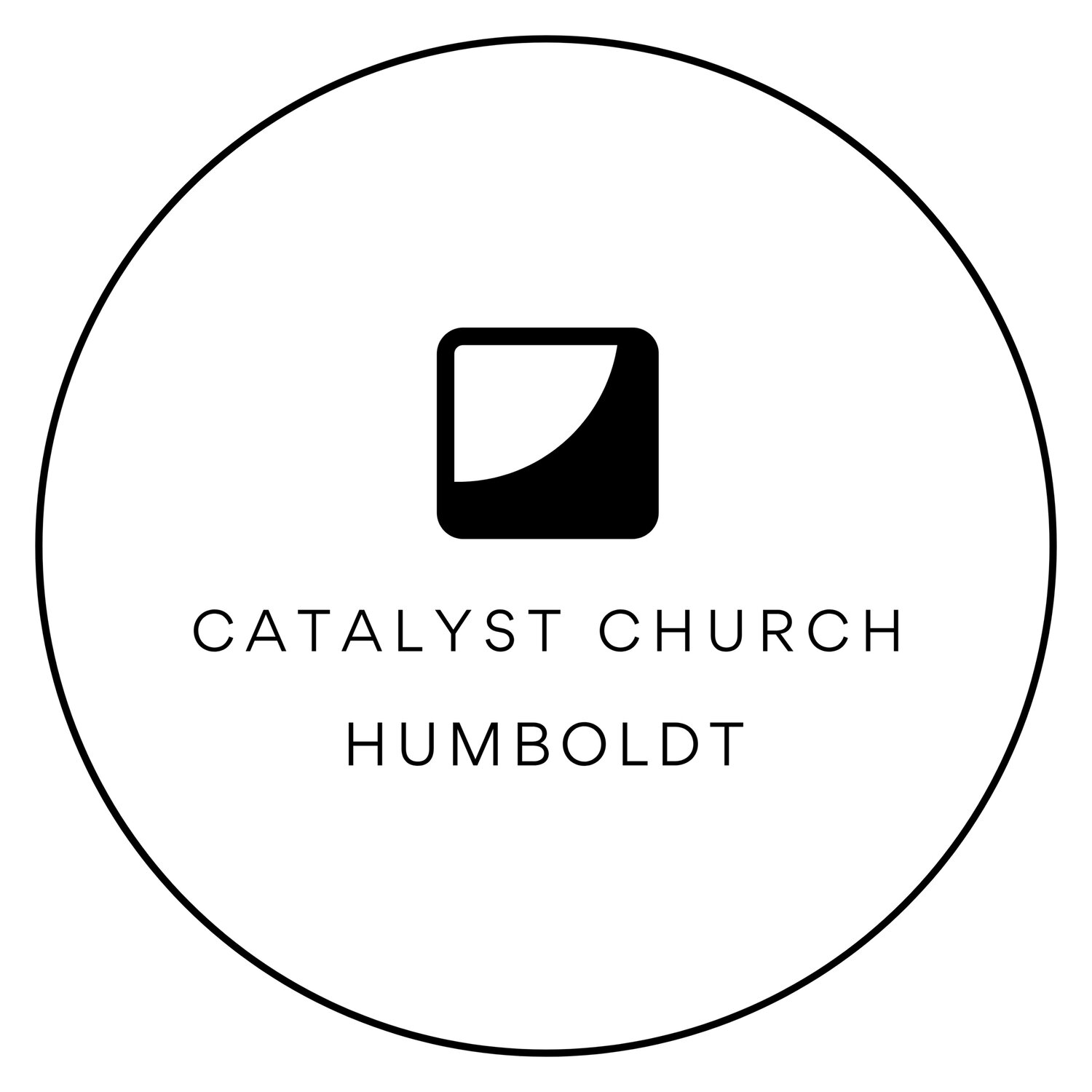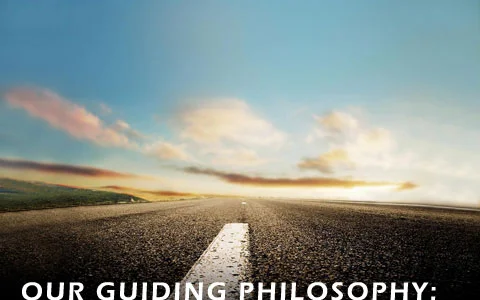As you read the accounts in the pages of the Scriptures you notice a kaleidescopic blend of voices, cultures, and literary genres. They come together to offer a breathtaking and compelling story of beauty, brokenness, restoration, and hope… a story that does not end on the last page of the Bible, but continues to unfold even today and invites us to become characters within it’s unfinished plotline. Being non-denominational and Christ-followers, Catalyst Church strives to look at all of scripture through a Christocentric lens and through that, Catalyst finds their guiding philosophy. Christians generally break their views into 3 categories: opinions, beliefs, and convictions. Catalyst recognizes opinions and beliefs as broad and open categories, but Catalyst hold firm in their convictions.
Opinions:
A thought or a gut reaction about something, although the subject hasn’t been researched or studied. Most usually have thousands of opinions or ideas about areas of faith and religion. Some examples:
- Should communion be passed on a plate or taken from a pastor up front?
- Should Christians only listen to religious music or is all art God’s?
- Does a cross need to be displayed in all Christian churches?
Beliefs:
Most have fewer beliefs than opinions. Beliefs have to do with how one interprets and understands the Bible, though someone else may have Biblically supported interpretations and understandings that are not the same as anothers. Catalyst is not willing to end fellowship over differing beliefs. Some examples:
- Does the Bible support a pre-tribulation or a post-tribulation idea?
- Did God create the universe in a literal 7 day span or did God create it over billions of years?
- Does baptising babies count or should i be baptised as an adult?
Convictions:
Convictions are the non-negotiables and the core piece to one’s worldview. Convictions are the guiding philosophy that one is willing to fight for.
Our Core Convictions with Humility
About The Resurrected Jesus ::
We affirm the divinity of Jesus Christ, that he is the Son of the Triune-God, fully man and fully God. Through the Holy Spirit, Jesus transforms the human heart, and without the restorative work of Jesus Christ’s teachings, life, death on the cross, and resurrection we could not find freedom from the bondage of our rebellion, brokenness, or sin. We understand that a life marked by confession and repentance continues to free us. Jesus meant everything he said and we are meant to live out those words today. Following Jesus is a daily, moment-by-moment choice of surrendering to His way.
About People ::
People’s rebellion against God severed their relationship with God and continues to perpetuate sin, empire, death, brokenness, and destruction in our world. Because all have been created in the Imago Dei, the image of God, we need the diversity in each other to know God more fully and live the life God intends for us. Because of Imago Dei in all, the Bible teaches equality and dignity for all is a non-negotiable, regardless of gender, race, socioeconomic status, sexual orientation, or a myriad of other things that we use to oppress others. All need to be loved, not just told they are.
About The Church ::
Church is messy, but it is through the local and global Bride of Christ, that we are shaped into and encouraged toward our responsibility to advocate for and tangibly love the poor, marginalized, and oppressed. Through our messiness, the Church’s responsibility is to bring the Shalom of God to the world. Shalom is the idea of a world as God originally intended it to be, a place of wholeness, completeness, and peace. Shalom is bringing the Kingdom of God to this earth. The Church exists as a community that shares economic resources with each other and the needy. The Church is made up of people who love each other, break bread and pour wine together, baptize each other, forgive, restore, and challenge each other in obeying the call to continue to bring forth the Kingdom of God – life as God intended.
About The Bible ::
The scriptures are an inspired liberation narrative: a story or collection of people’s encounters with the living God, which invites us to encounter a God who redeems us from sin and empire, and asks us to make a difference about the injustices in our world. We find in the Bible that from the very beginning of time, God has passionately desired for God’s people to find Shalom with God, themselves, each other, and creation. We find ourselves in the midst of this story of hope and redemption.
About Faith ::
Believing is sometimes difficult and the more we learn and experience God, the more questions we have. We acknowledge the responsibility of loving God with our minds, and while at times we have to question what we’ve been taught, we embrace the mystery of God, knowing that questions and mystery are a part of having faith.

